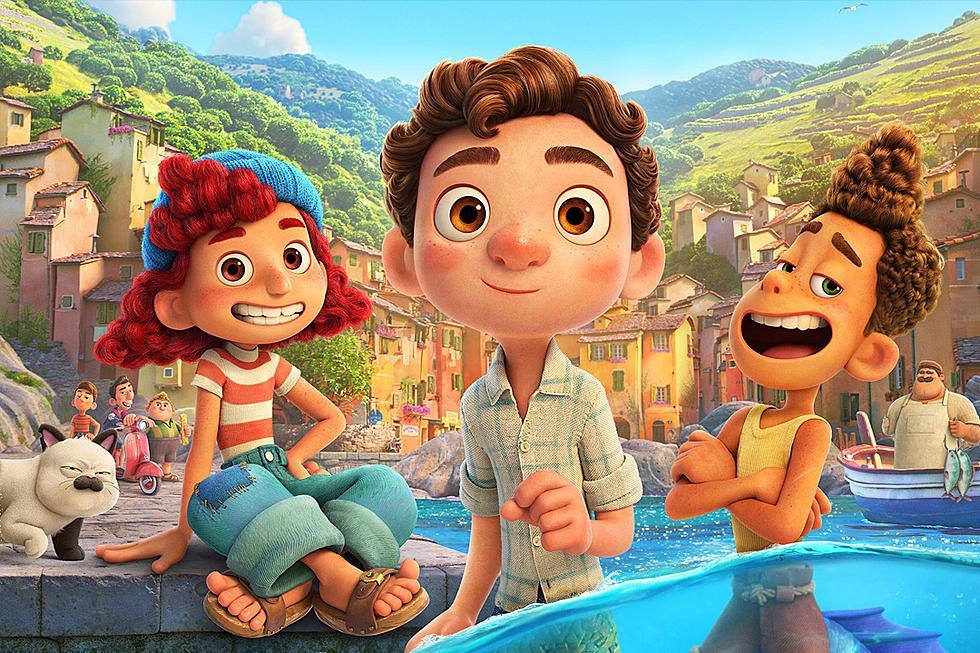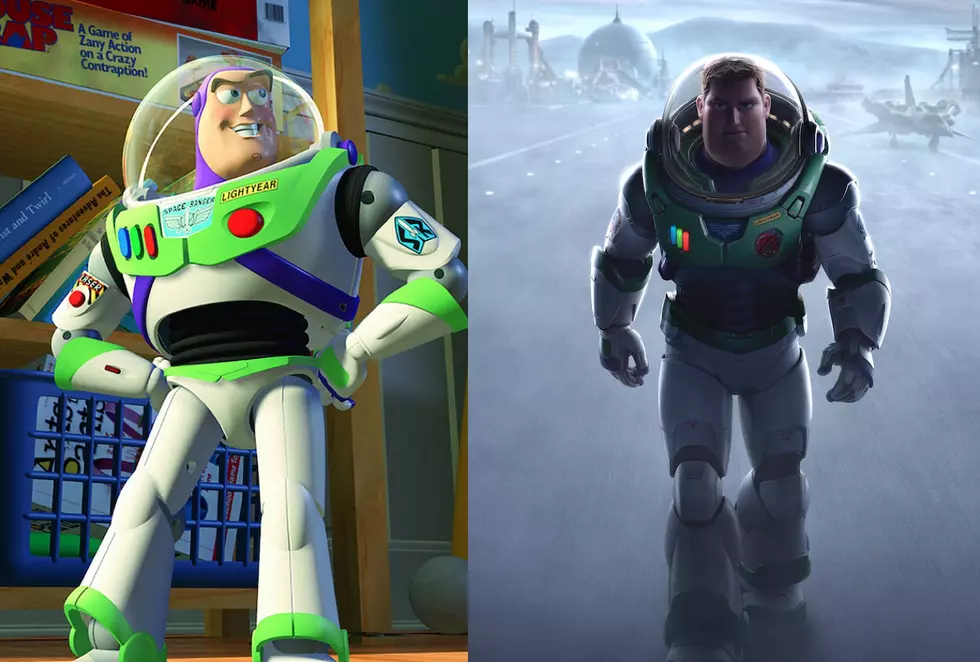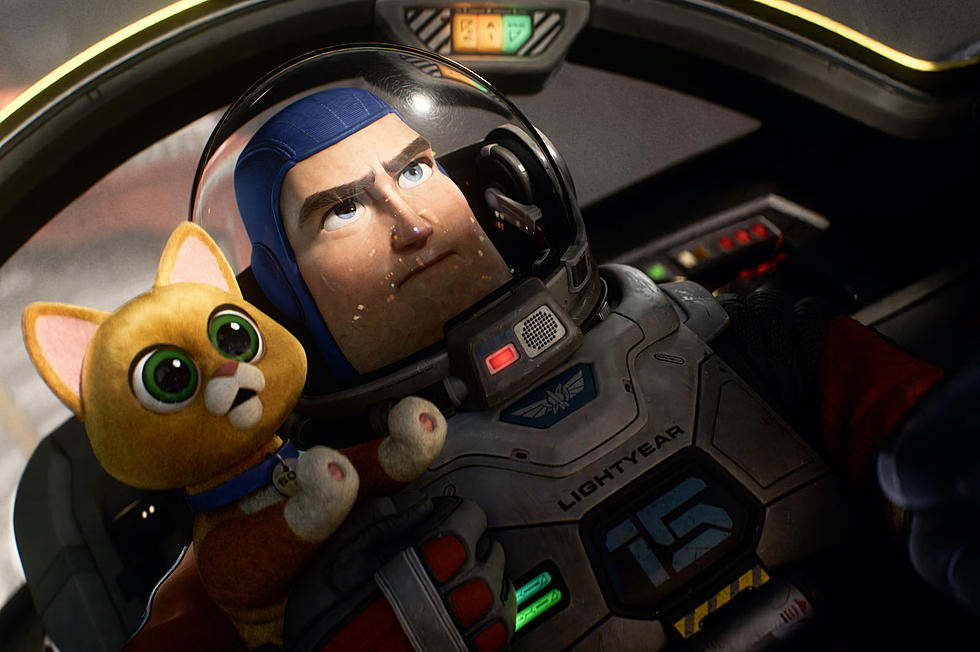
This Character in Disney-Pixar’s ‘Luca’ Was Supposed to Be Gay
Disney and Pixar's 2021 film Luca reportedly almost featured a canonically queer character.
A subset of viewers thought that the relationship between the movie's two leads Luca (Jacob Tremblay) and Alberto (Jack Dylan Grazer) — teenage sea creatures who become human when they leave the water named — could have easily verged on romantic. However, Variety reports that a different character was almost portrayed as queer in the film.
The character in question is Luca and Alberto's human friend Giulia (Emma German).
However, the film's creators reportedly opted out of a queer portrayal because they were unsure of how to fit it into the storyline.
Apparently, they felt unable to make it clear without providing Giulia with a female love interest, and didn't want to feature romance in the film.
The revelation comes just a few weeks after employees at Pixar wrote a letter that alleged Disney cut out "nearly every moment of overtly gay affection" from their films, according to Variety.
“We at Pixar have personally witnessed beautiful stories, full of diverse characters, come back from Disney corporate reviews shaved down to crumbs of what they once were,” the letter read.
Interestingly, this is not the first time that creators involved with Luca have commented on the possibility of a romantic gay storyline in the film.
Director Enrico Casarosa told Out that his goal was to portray the characters at a time that was "a little bit pre-romance." Thus, his focus was more on their developing friendships instead of potential love interests.
In a later interview with The Wrap, Casarosa said that they "talked about" the possibility of Luca and Alberto's relationship becoming a romantic one.
"I think the reason probably we didn’t talk about it as much and, to a certain degree, we’re slightly surprised by the amount of people talking about romance is that we were really focusing on friendship and so pre-romance,” he reiterated.
Casarosa added he was glad the film resonated with people who grew up feeling different, which is a feeling many LGBTQ+ youths have expressed.
“I felt really honored and I don’t like to say yes or no," he said. "I can say, well, that’s not how we wrote it. It wasn’t my experience, but I love that that metaphor is reading in all these different ways.”
Celebs You Might Not Know Are LGBTQ+
More From Mix 103.9










